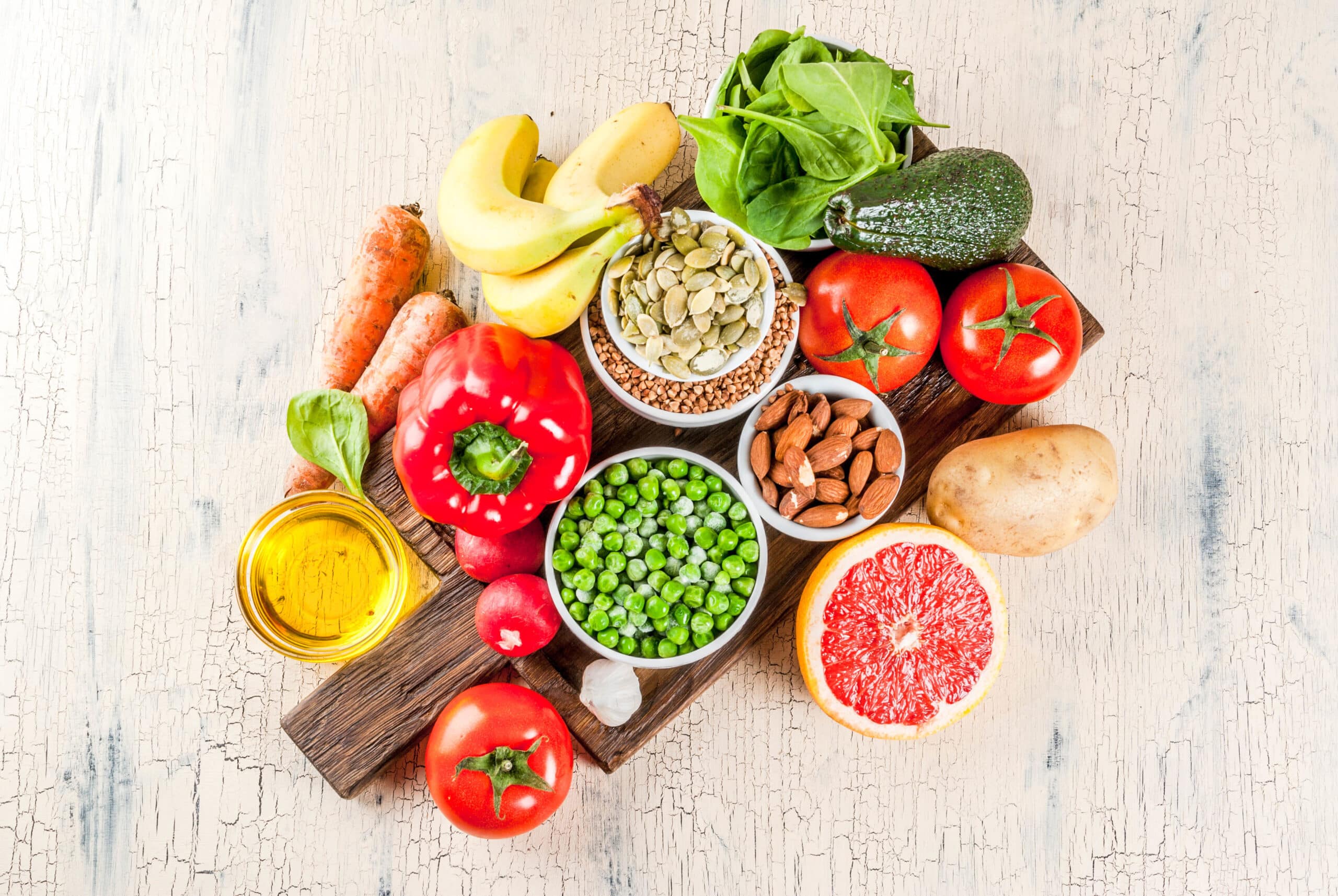Men need sufficient protein to help maintain muscle mass and strength as they age. A study published online July 13, 2020, by JAMA Internal Medicine suggests the source of that protein also may dictate how long they live. Scientists examined the diets of more than 400,000 people ages 50 and older, who consumed protein from plant sources, red meat, and eggs. They were then followed for more than 16 years. Those who ate mostly plant protein instead of red meat or egg protein had a 13% to 24% lower risk of death from any cause.
How much plant protein is enough? The researchers found that men, in particular, had a 12% lower risk of death for every 10 grams of plant protein per 1,000 calories they consumed. The experts suggested that the benefits could increase if men ate even more plant protein. Guidelines recommend that healthy older adults need 1.2 grams of daily protein for every kilogram of body weight. A 175-pound man would need about 95 grams. Good sources of plant protein include almonds (about 17 grams per 1/2 cup), tofu (20 grams per cup), lentils (about 18 grams per cup), and black beans and chickpeas (15 grams per cup).
Abstract:
Findings: “In this cohort of 237 036 men and 179 068 women with 16 years of observation and nearly 78 000 deaths, greater intake of plant protein was significantly associated with lower overall mortality and cardiovascular disease mortality independent of several other risk factors,” write the authors.
Results: “The final analytic cohort included 237 036 men (57%) and 179 068 women. Their overall median (SD) ages were 62.2 (5.4) years for men and 62.0 (5.4) years for women. Based on 6 009 748 person-years of observation, 77 614 deaths (18.7%; 49 297 men and 28 317 women) were analyzed. Adjusting for several important clinical and other risk factors, greater dietary plant protein intake was associated with reduced overall mortality in both sexes (hazard ratio per 1 SD was 0.95 [95% CI, 0.94-0.97] for men and 0.95 [95% CI, 0.93-0.96] for women; adjusted absolute risk difference per 1 SD was −0.36% [95% CI, −0.48% to −0.25%] for men and −0.33% [95% CI, −0.48% to −0.21%] for women; hazard ratio per 10 g/1000 kcal was 0.88 [95% CI, 0.84-0.91] for men and 0.86 [95% CI, 0.82-0.90] for women; adjusted absolute risk difference per 10 g/1000 kcal was −0.95% [95% CI, −1.3% to −0.68%] for men and −0.86% [95% CI, −1.3% to −0.55%] for women; all P < .001). The association between plant protein intake and overall mortality was similar across the subgroups of smoking status, diabetes, fruit consumption, vitamin supplement use, and self-reported health status. Replacement of 3% energy from animal protein with plant protein was inversely associated with overall mortality (risk decreased 10% in both men and women) and cardiovascular disease mortality (11% lower risk in men and 12% lower risk in women). In particular, the lower overall mortality was attributable primarily to substitution of plant protein for egg protein (24% lower risk in men and 21% lower risk in women) and red meat protein (13% lower risk in men and 15% lower risk in women).”
Conclusions and Relevance: “In this large prospective cohort, higher plant protein intake was associated with small reductions in risk of overall and cardiovascular disease mortality. Our findings provide evidence that dietary modification in choice of protein sources may influence health and longevity” write the study authors.
As with anything you read on the internet, this article should not be construed as medical advice; please talk to your doctor or primary care provider before making any changes to your wellness routine.




